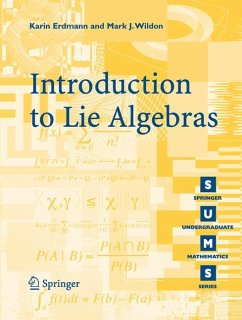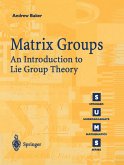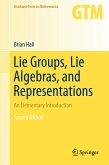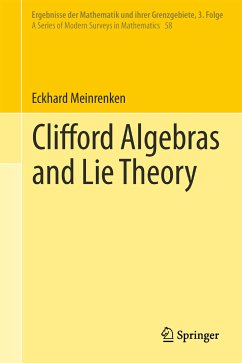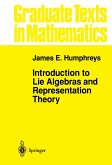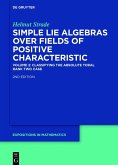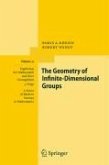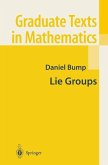Based on a lecture course given to fourth-year undergraduates, this book provides an elementary introduction to Lie algebras. It starts with basic concepts. A section on low-dimensional Lie algebras provides readers with experience of some useful examples. This is followed by a discussion of solvable Lie algebras and a strategy towards a classification of finite-dimensional complex Lie algebras. The next chapters cover Engel's theorem, Lie's theorem and Cartan's criteria and introduce some representation theory. The root-space decomposition of a semisimple Lie algebra is discussed, and the classical Lie algebras studied in detail. The authors also classify root systems, and give an outline of Serre's construction of complex semisimple Lie algebras. An overview of further directions then concludes the book and shows the high degree to which Lie algebras influence present-day mathematics.
The only prerequisite is some linear algebra and an appendix summarizes the main facts that are needed. The treatment is kept as simple as possible with no attempt at full generality. Numerous worked examples and exercises are provided to test understanding, along with more demanding problems, several of which have solutions.
Introduction to Lie Algebras covers the core material required for almost all other work in Lie theory and provides a self-study guide suitable for undergraduate students in their final year and graduate students and researchers in mathematics and theoretical physics.
Dieser Download kann aus rechtlichen Gründen nur mit Rechnungsadresse in A, B, BG, CY, CZ, D, DK, EW, E, FIN, F, GR, HR, H, IRL, I, LT, L, LR, M, NL, PL, P, R, S, SLO, SK ausgeliefert werden.
"The book under review gives a very basic algebraic introduction to Lie algebras. Easily readable and without attempt at full generality, the text presents lots of examples and exercises on the different topics on Lie algebras which are treated. ... The book also includes an appendix with answers to selected exercises. ... It also provides some nice examples to relate to. ... I especially recommend this book for self-study." (Philosophy, Religion and Science Book Reviews, bookinspections.wordpress.com, September, 2013)
"Erdmann and Wildon's book is more leisurely and chatty, and to my knowledge is the most readable ... material that is currently in print. ... In summary, I think this text may be the best pedagogical advance in the teaching of Lie algebras in the last few decades, and may in fact be the only textbook ... genuinely suitable for undergraduates. ... excellent book that should be carefully reviewed by anybody seeking a textbook for a course in the purelyalgebraic theory of Lie algebras." (Mark Hunacek, The Mathematical Gazette, Vol. 92 (524), 2008)
"Lie theory is a subject that is usually only taught in graduate school. ... This book aims to break this barrier and gives an introduction to Lie algebras suitable for advanced undergraduate students. ... contains many examples and exercises and the authors included answers to selected exercises. Overall this book is a very well thought out and well-written introduction to Lie algebras and it provides an excellent entry point into Lie theory for advanced undergraduates and early graduate students interested in learning about the subject." (Aloysius Helminck, Mathematical Reviews, Issue 2007 e)

